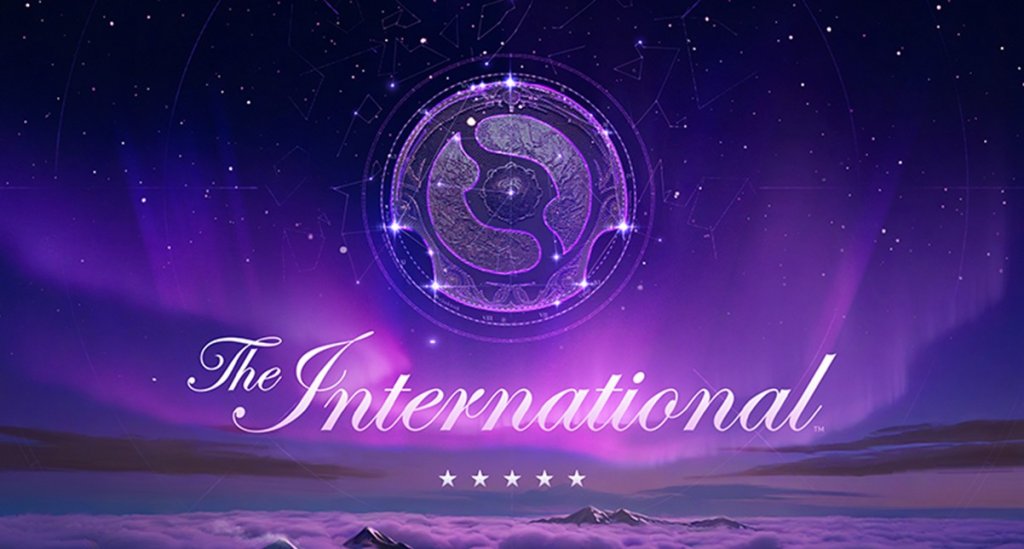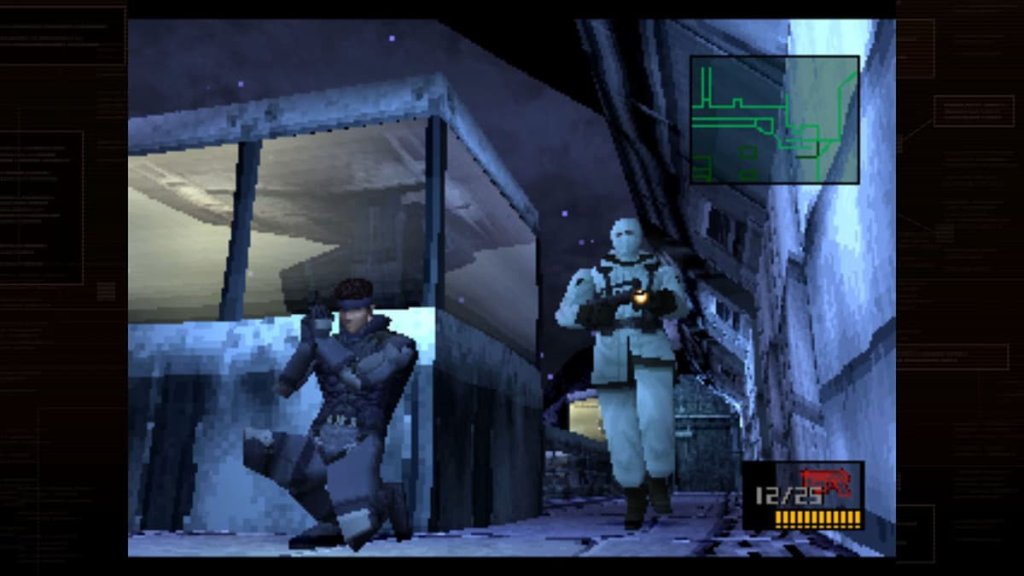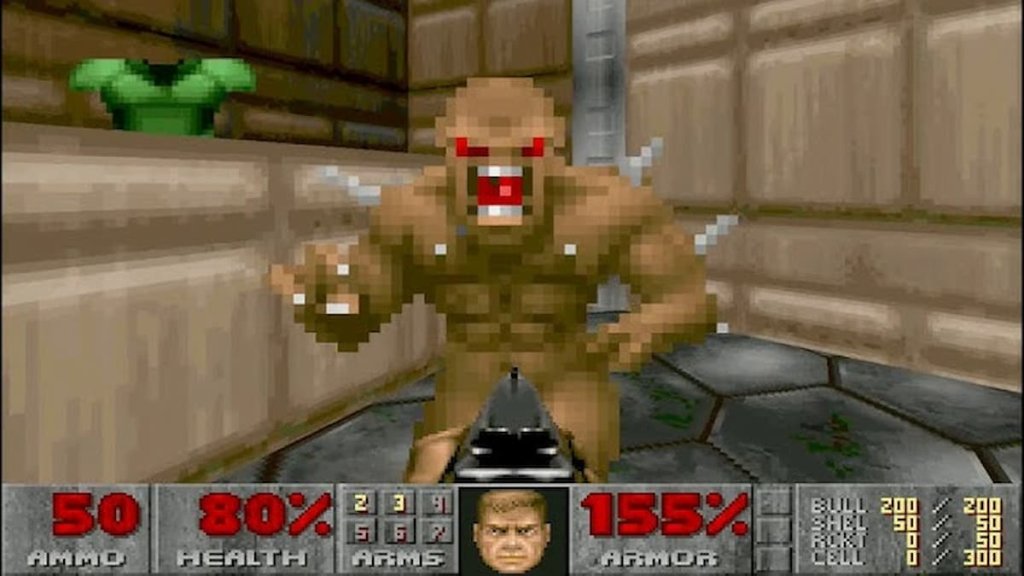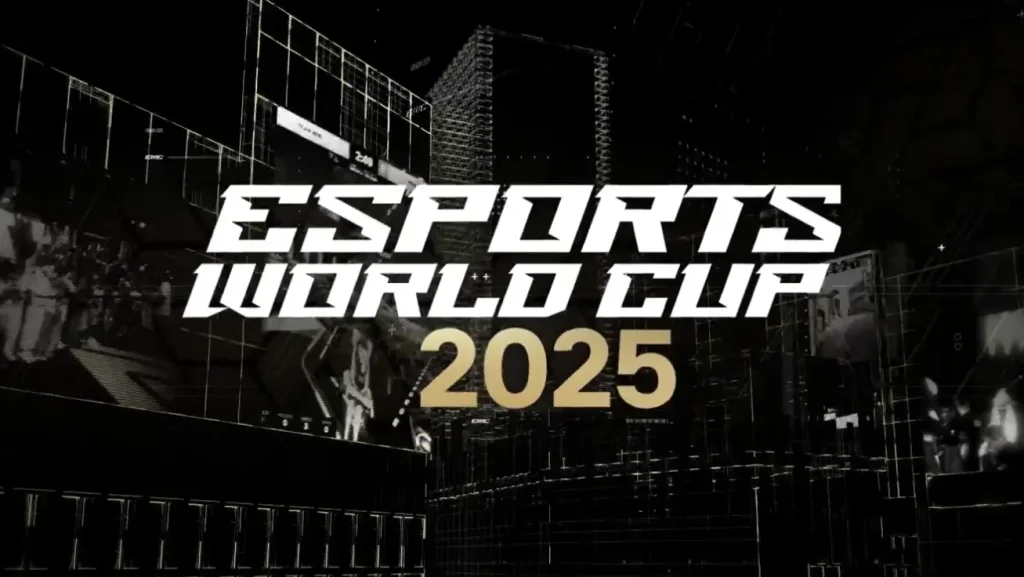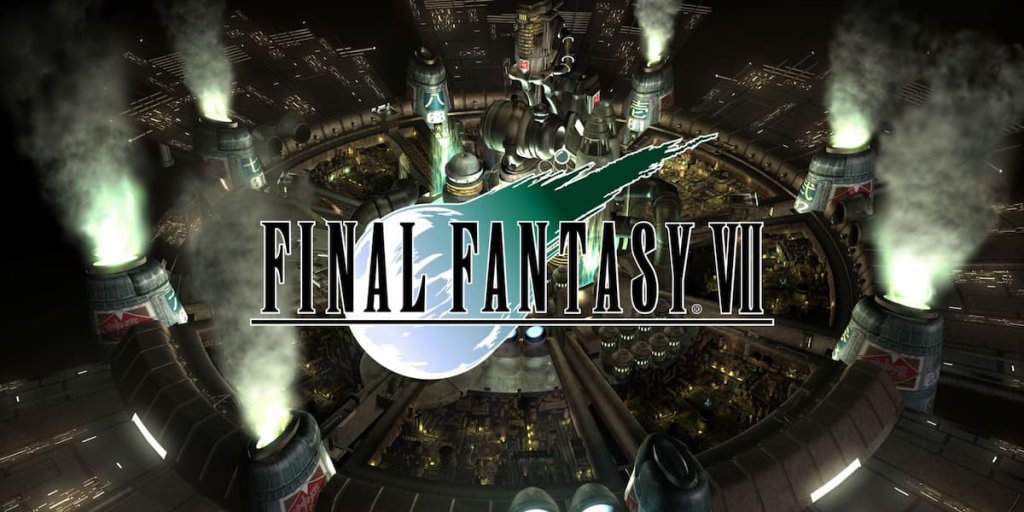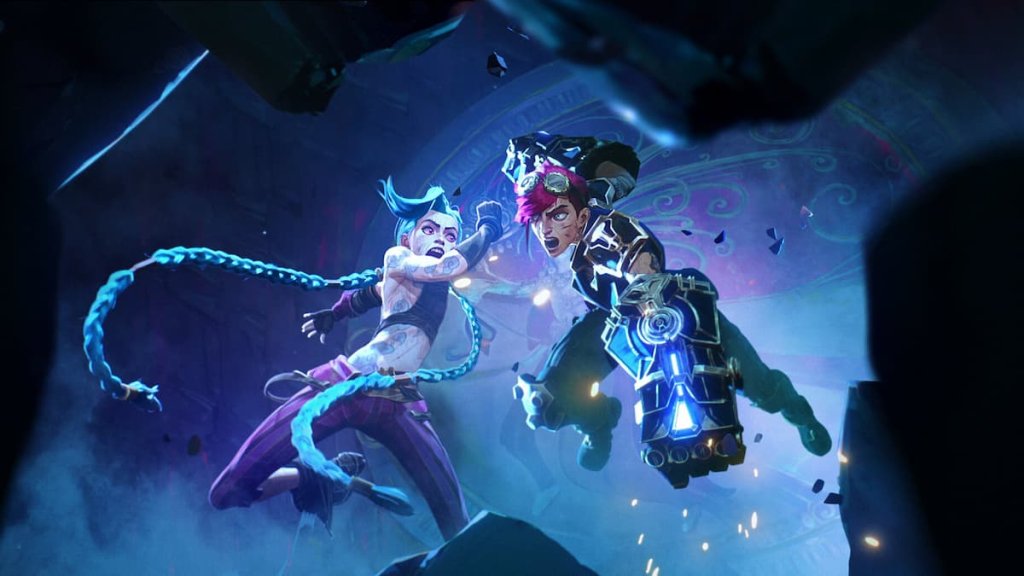
F1 Delta Time and useless tokens – What could be done differently?
F1 Delta Time was officially shot down two weeks ago. The developers lost their license for F1, and an official game isn’t going to be possible anymore. F1 Delta Time was one of the earliest games to really embrace NFTs and build an entire ecosystem out of ‘play-to-earn’.
For a normal game, this is a disappointment for players. For a game that lured players into spending cash for tokens and NFTs on the basis that they could ‘earn’, it’s a much bigger deal. Animoca Brands stated:
“It is with deep regret that we announce that F1® Delta Time will cease operations on 16 March 2022. Whilst we have not been able to renew our license, we will ensure that current owners of F1® Delta Time assets are rewarded for their loyalty and support.”
Having a game completely depend on a single license seems to be the culprit, but what does it mean for all the people that invested time and money into it.
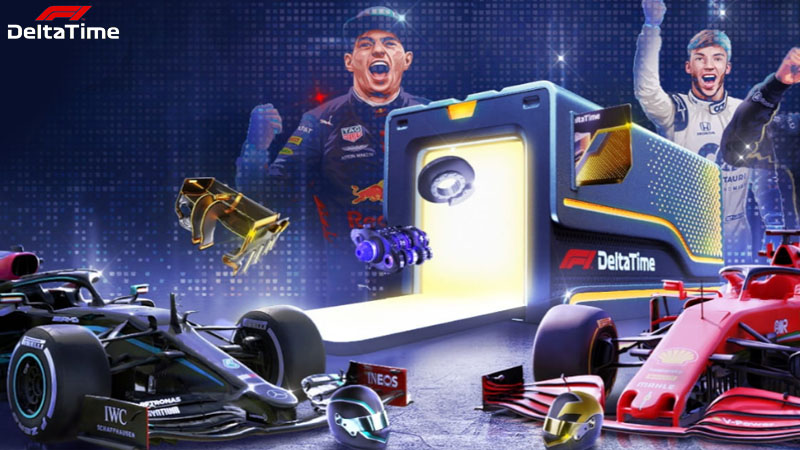
F1 Delta Time game concept explained
F1 Delta Time was one of the first games to embrace NFTs, quite a bit before they became the well-known part of the crypto ecosystem they are today. It launched all the way in 2019, and officially licensed from Formula 1. Attaching a fairly big name to the project likely inspired some trust and legitimacy from potential players based.
The game utilized Ethereum and a token called REVV for transactions. This currency lets them purchase NFT items with in-game mechanics like cars or drivers for the car. The title achieved a decent player base but didn’t really break through to the mainstream. Coming quite a bit ahead of the general boom in NFTs though, it had some impressive results like the highest-value NFT sale of 2019 with a $100,000 sale.
As a play-to-earn game, F1 Delta Time encouraged players to earn NFTs and tokens. They could then sell those NFTs for more money in the future. A lot of players have a significant investment in this game, which is why the shutdown is quite notable. With a standard game, the player base will be disappointed that it shuts down, but they don’t lose anything. With this shutdown players may lose actual investments.
Shut Down and What Happens Next
The F1 Delta Time NFT Game shutting down means that the gameplay parts of these NFTs and tokens aren’t going to be available anymore. Essentially, the NFTs and tokens are now worthless, and with it the time that players sunk into ‘playing-to-earn’.
This is definitely one of the worst-case scenarios for NFT games and this news doesn’t exactly bode well for players currently heavily playing a game with a dwindling player base. The game announced its shutdown only one day before it happened, barely giving players any notice.
The players of the game will be receiving something for what they did in-game. Since the tokens will be pretty much useless outside of the game, they’re offering these replacements:
- Car Owners – They will get replacement cards for the REVV racing game on Polygon, or a Race Pass for access to future mints and airdrops.
- Event Segments – These owners get 6 months of ‘rewards’ or a ‘Track Voucher’ which can be switched for a track in the REVV game in the future.
- Crates and Keys – They can be bridged onto a different platform for staking on Polygon.
- All Other Assets – These can be directly exchanged for Polygon for use in REVV Motorsport.
This definitely leaves players in a bit of a bad spot. They basically get compensated on another game or just lose what they had in the game. This does show off the fragility of NFT gaming ecosystems and sheds some light on how valuable assets really are. A lot of the top NFT games have built a stronger player base. But shutdowns like this can definitely cause havoc with players of these games and are cause for concern.
What can be learned and done differently?
In the specific case of F1 Delta Time, nothing much really. The game depended on good faith between Animoca and Formula 1. The moment the publisher was not able to renew the license the game was doomed to fail. We are not sure which side is at fault here, and why the license couldn’t be renewed, but we can learn a lesson here.
Any NFT or play-to-earn project that depends on a licensing agreement may shut down suddenly. This relates to both sports, esports and entertainment. Ideally, if you want to invest into any project that has a big brand behind it, make sure it developed by the brand themselves and not a third party.
It is good that there is at least an attempt to compensate investors in some shape or form. Ultimately, all project in this space that depend on independent parties developing something for a big brand may meet the same fate. We have to keep in mind, it is not the technology that is bad, it is bad actors that ruin it for everyone.
